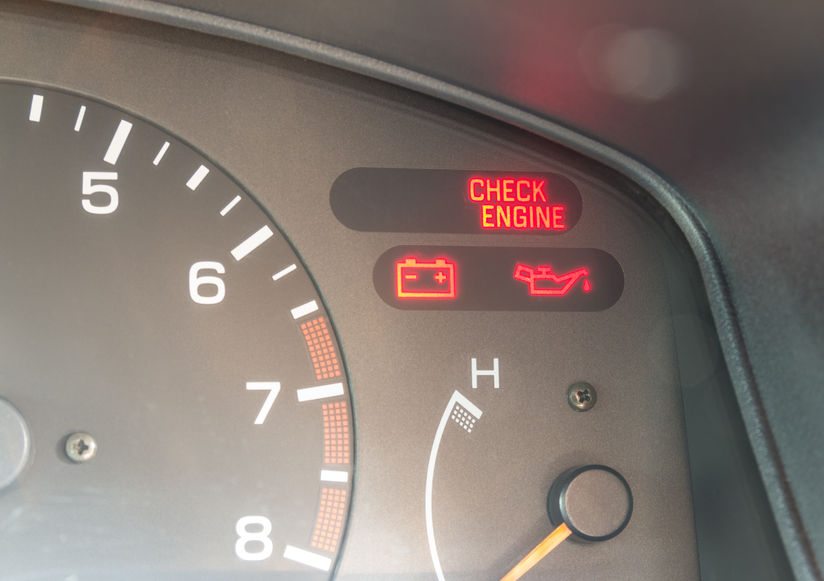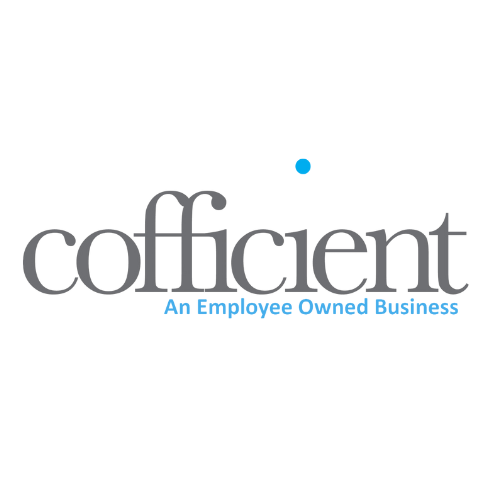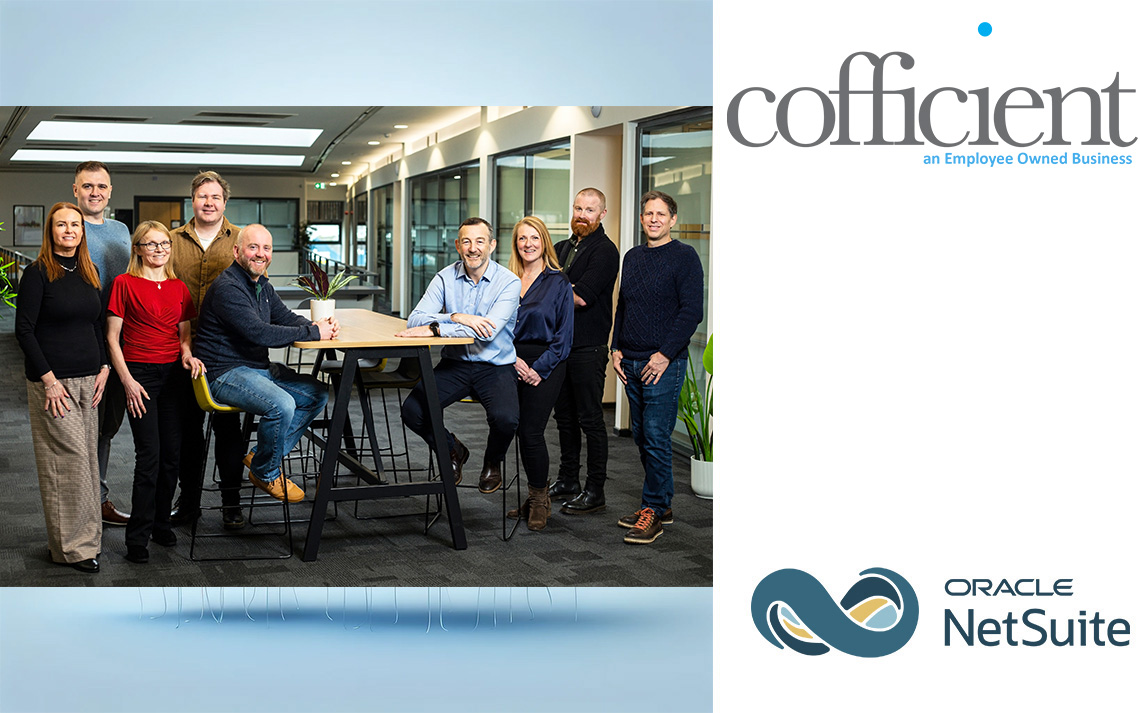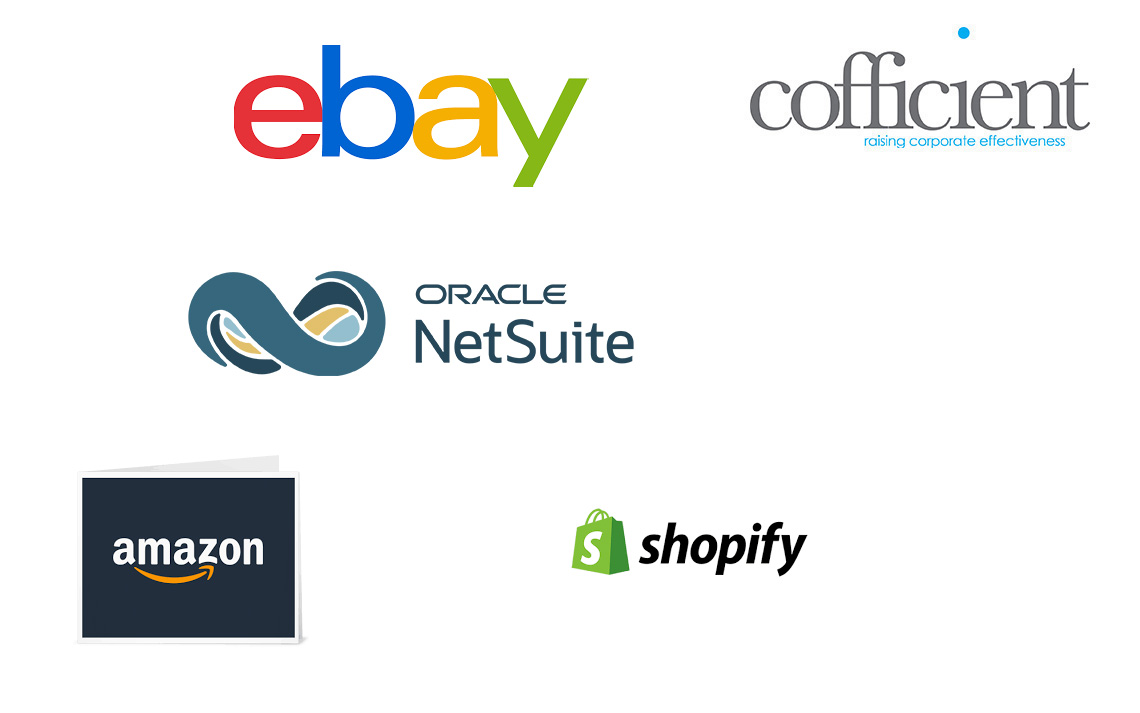
How ERP Systems Can Keep You Out Of Trouble
How ERP Systems Can Keep You Out Of Trouble
According to Investopedia, the 5 biggest challenges facing small business today are these:
- Client dependence
- Money management
- Fatigue
- Founder dependence
- Balancing quality with growth
The right ERP system can help a small business tackle each of these issues. Here’s how to steer yourself straight using ERP systems.
Client Dependence
A single client making up more than half your revenue is a big “no no” apparently. Personally, I think it’s great to have that big client. We’d all rather have that client than not right?! But you should definitely try to boost sales conversions of other clients when you intuitively know that your business is over reliant on one or two big customers.
ERP systems have sales pipeline management which help you determine things like; how many customers you are engaged with; what stage in the sales process they are in; what the realistic likelihood of conversionis; and crucially, how profitable they will be when they convert. If you have too many business in the early stage of sales then you need to invest time (and maybe money) into moving them closer to close. If you have too few, you need to invest in more lead generating activity.
Money Management
Cash is king – goes the saying. Managing cash flow in a small business is critical. ERP systems will help in a number of different ways. Credit control can be facilitated using automated dunning routines within your ERP system. The system will identify overdue payments according to pre-defined rules and will automatically chase payment in accordance with dunning methodology. That means that your time as a business owner can be spent doing more of the things which generate income and not so much on the administrative task of manually chasing debtors.
ERP systems include financial management software to help you with your business money management overall. Whether it’s VAT returns or revenue recognition you will be able to run your entire business financials from one system. ERP is the term used to talk about software which includes finance, sales management, project planning and other business software tools. Because all departments are linked in one unified system, you will have access to live business intelligence and be able to close month end really quickly. Time, after all, is money.
Fatigue
Hours, work, constant pressure to perform…being a business owner (or even a small business employee) isn’t easy. If you’re not careful it will burn you and your staff out. The advice given by, Investopedia, is to find a pace that works. However, we all know that isn’t always practical. My advice is to find a system that works in your favour. Cloud based ERP allows you to access your business software from any location via the internet. Go home at 5pm. Have dinner with your family. Then log on from home and finish what you need to from your sofa. Go to bed early. Avoid rush hour traffic. You can also set up your ERP system to automate as much as possible to remove manual effort and duplication so that you don’t have to spend time on unnecessary admin.
Founder Dependence
A business founder will have to let go of certain tasks, decision and responsibilities if the business is to succeed. It is easier said than done, but good ERP systems will facilitate knowledge sharing and learning within the organisation. Instead of keeping all the mission critical information in your head, so that you become the single point of failure in the business, share it through your ERP system. Use your ERP to define your business processes, collect your data, store your business intelligence. Your ERP system should be the brain behind the business – the founder and employees add the skill.
Balancing Quality with Growth
The adage goes “a business must sacrifice in order to grow”. This is true. You cannot continue to offer your best service whilst working flat out. You will have to consider building a team when you are at 70-80% capacity and take the hit. You may have to consider bigger premises or expanding your product range. All of this can be painful and take time to balance out. However, your ERP system should be extensible enough to cope with any and all changes which come your way. Whether you just start with finance and built out CRM as you add sales resource. Or whether you need to extend your software to cover inventory management, or project planning; a good ERP system should have all the functionality native, waiting to be unlocked. This saves you going through the pain of “search and select” for complementary business software at every growth juncture.
It is hard enough trying to own and manage a small business. Make things easier for yourself. Get a good ERP system and navigate your way out of these 5 pitfalls. Click here to download our information guide on Everything You Need To Know About Getting New Business Software.
Written by Emma Stewart – Sales & Marketing Director and ERP Evangelist at Cofficient Ltd



